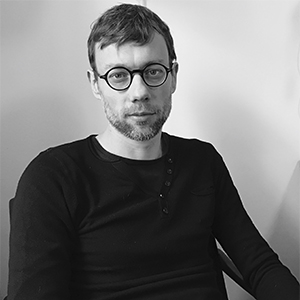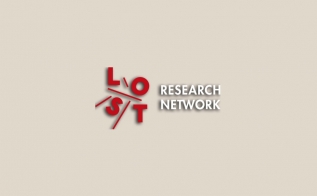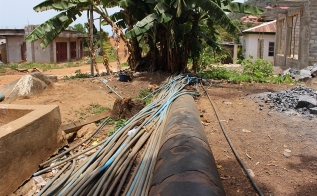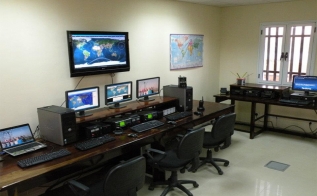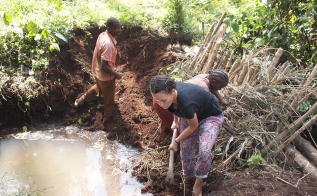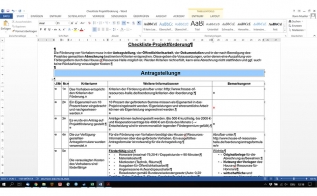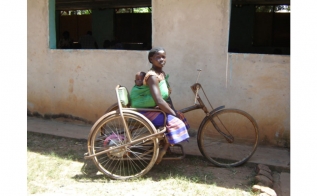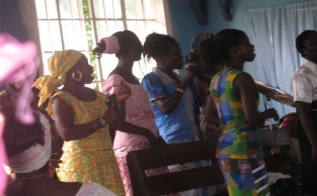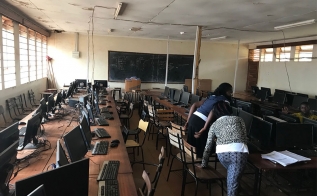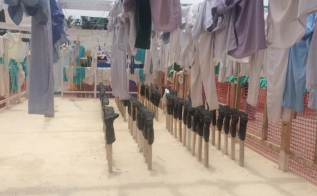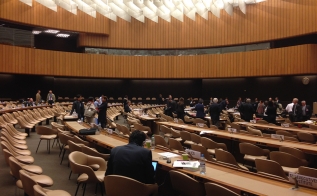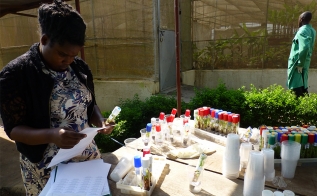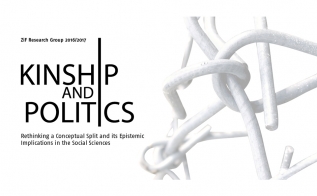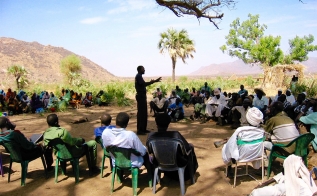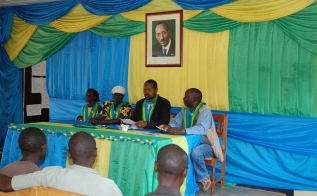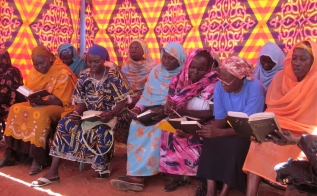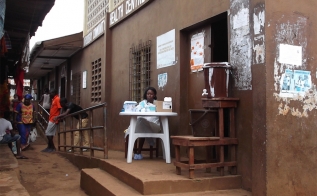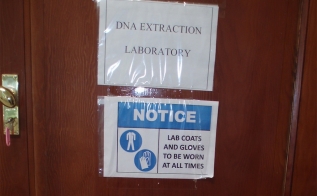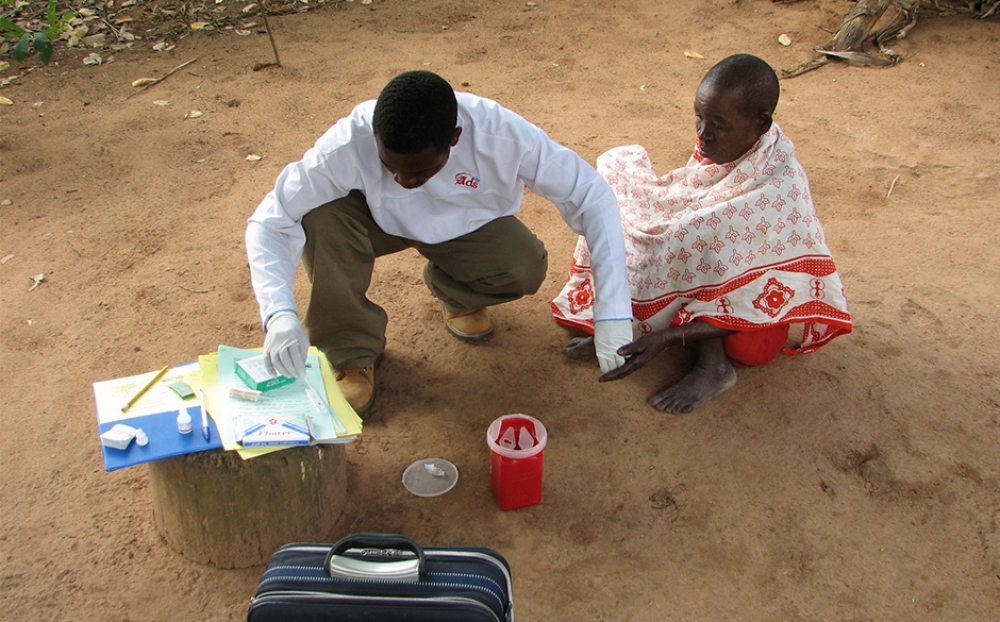
Description
During the second phase of our project we focused on the translation of global health technologies into new contexts. The trajectories of technologies were analysed as a bidirectional process affecting the users and simultaneously altering the technologies and their capacities on their way to become institutionalized. The concept of translation helped us to contest and overcome conventional notions of technology transfer and social engineering. Our research showed that in Uganda and Rwanda new technologies of testing and standardization are introduced into established diagnostic spaces along already existing diagnostic and medical data infrastructures. Yet, at the same time we found that the novel forms of testing and standardisation connect diagnostic spaces in different and unexpected ways, leading to new procedures that were not intended. They can result in new exclusions and inequalities, but also instigate unforeseen processes of organisational learning. A case in point is the introduction of Rapid Diagnostic Tests, which is carried out alongside a given division of the Ugandan health care system. Here tests are expected to a) supplement the already existing microscopic infrastructure and b) replace the prevalent practice of presumptive treatment mainly in lower-level facilities where no microscope is available. The resulting simultaneity of different procedures adds an experimental layer for both health workers and health planners to decide which technique works best in which sites and on which organisational levels.
In the project phase 03/2015 – 02/2017 we were focusing on accounting procedures and testing practices underlying and emerging out of processes of organisational learning. This allowed us to better capture the complex interplay between the use of technologies (e.g. rapid diagnostic tests) and medical data production (information and communication technologies). Focusing on interstitial spaces made it possible not only to compare different types of organisational learning, but also to link these back to our research results of the last phases. The merging of accounting studies with approaches of the sociology of testing generated new insights into the (analytical) differentiation between “good” and “bad” translations. This significantly contributed to the priority program’s overarching aim: clarify the role of technologies in the production of order and disorder in Africa.
Closely working with the results of the first and second phases, the last phase of the project was dedicated to three major aims, divided into three work packages:
Work package I: Re-organisation of health care services and the role of non-communicable diseases
In this work package we sought to bridge the empirical gaps concerning “Access to treatment and organisational learning” with broadening our perspective on the re-organisation of health care services by examining the relation between data collection and diagnostic procedures in the case of non-communicable diseases.
Work package II: Consolidation and development of theory
This work package concentrated on the evaluation and integration of our empirical results from earlier phases and strategically deepens and extends the data in accordance with the new theoretical direction on testing and accounting practices.
Work package III: Discussion of results and development of publications
In this work package we bundled our activities to ensure that we produce internationally cutting-edge results. In order to achieve this, we focused on the following three activities: 1) organising two conferences to present our results, 2) actively contributing to all clusters in the SPP, 3) taking part in international academic events relating to our research.



